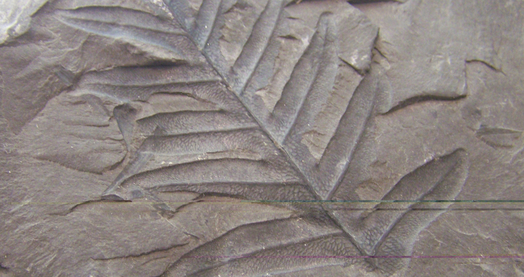Digital rot Ageing or loss?
A few years ago I created, together with some other green-party members, a website: bodemlozeputten.nl. It was a small local website aimed to make voters aware of all the money that was thrown after bad in that region. Like reopening an airport that has never been able to run profitably even in times when the state was still subsidising it with its military presence. Or the amount of money spent by the local municipalities on land, which had by then already created huge debts for several municipalities and still hasn’t turned out to be a profitable for neither the citizens, the local economy, nor the municipalities themselves. It was a small website, hosted at the free hosting option that Heroku offered. And a few days ago I received an email that I should’ve spent more attention to an issue with this website that I kind of neglected. And now the website is showing an error message: “Application error”. And while it is not really gone and I can fix it it is now unavailable to the public. I’ll fix it soon, I promise myself.

This small website I developed and that is now inaccessible due to a small technical change is an example of ever disappearing websites. It happens all the time, due to neglect, hcracking and/or take-overs: remember the blogging platform that was bought by Twitter, Posterous? Or probably even more rememberable for the older folks on the web: Geocities? Slowly bigger and smaller resources disappear from the web.
Are we looking at cells of the web that rot away, while the structure stays, like a leave that rots and can still leave its imprints behind in stone as a shim of what once was? Sometimes I worry, because whereas a library of books requires a lot of work to wipe, an harddrive containing a lot of data (the same as a vast library) is cleared and ready to store new information in a few seconds. And after a few overwrites it is hard to find any of it back. I used to have a lot of recordings of rehearsals of one of my bands, but by mistake I formatted the disk, wrote some other data on it and now they’re gone. I was able to recover some fragments, but too vague and too random to ever be of any meaning… and who cares about it anyway.
To some extend we seem to appreciate ageing. We love the colours of old poloroids. Maybe we even need to kind of forget the original. Once I had this idea that a photolibrary should recompress all photos in JPEG every year. The older the photo, however, the stronger the compression. It would occupy less space, and the image would fade with our own memories. Maybe one day we would even start to appreciate the JPEG artifacts like we now appreciate the degeneration of analog film. But it would still be sensitive for the unforgiving wipe out that operating systems give you (even more so, a bite damaged in a big JPEG hardly messes up the image, but if the JPEG only 10kB in size than just the flip of a single bit could harm the image much more. Sometimes a library burns down. Sometimes wars make people so angry that they want to destroy the enemies culture. But destroying fysical stuff is hard. Digital information gets wiped in seconds.
On the other hand: digital information gets backed up easily as well. Look at this copy of my website in 2003 by the infamous Archive.org. The design has rotted away, but the content is still there. I never did anything for this.
So I wonder: Is it digital rot, a natural process that slowly occurs when you look at the level of a leaf, but is sudden when looking at the level of the individual cell that dies? Or is it a random unpredictable wiping machine that hits black holes in our shared cultural heritage even before we are even able to recognise it as heritage? I do have a bit of the hoarder mentality. But on the other hand: do we still have all the images and pictures and notes that people in the middle ages exchanged? Would we like to have them? Isn’t maybe this rot creating a fertile layer for fresh new developments and talent (less bothered also by ‘everything has been done before’, why write another novel for there are more novels on the planet than anyone can read already…), or is rot the slow death of something we actually should never forget if we have the chance to rescue it?
Image by Woudloper (Own work) [Public domain], via Wikimedia Commons (modified by me with some low level damaging with a HEX-editor ;) )